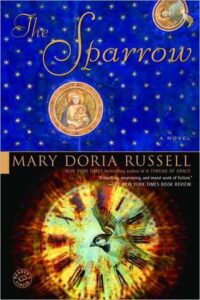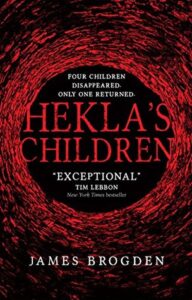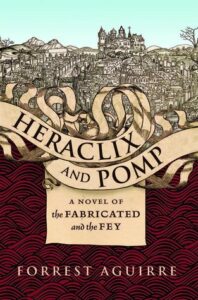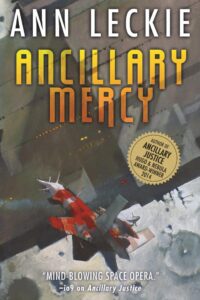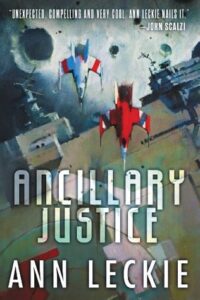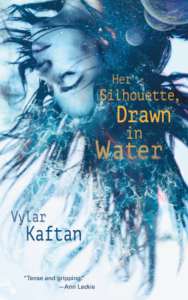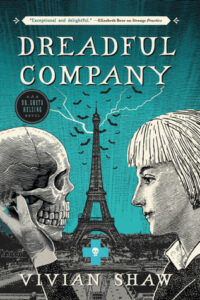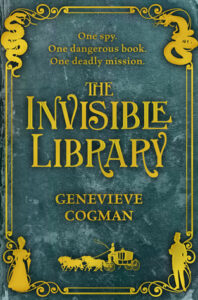 The Invisible Library, Genevieve Cogman
The Invisible Library, Genevieve Cogman
I’m unfortunately a little behind on writing reviews after I had some issues with posting last week, so let’s get caught up! I felt like romping back through this world, especially with the new installment released; it’s always such a fun read, and it didn’t disappoint on this occasion either. It feels like an excuse to have a Great Detective, a fog-shrouded steampunk London, dragons, and books all in one package — and that’s no bad thing. The stuff that happens is all a bit madcap, and it’s very meta-fictional at times: Fae tend to work according to internalised narratives, and worlds with more inherent Chaos tend to create storylines, so that the thing you need to find to continue your quest is right there when you accidentally stumble into a labyrinth, and so on.
I enjoy Kai and Vale very much — Vale more so, I think, because Kai is arrogant without cause, because he believes himself inherently above others. Vale is arrogant as well, but in a way that derives from his capabilities more than from his position in society. I’m glad that though they are both attracted to Irene, it’s not a conventional love triangle: they’re also connected to each other with respect (starting in this book) and affection (from the end of this book onward), and you get the distinct sense that Kai at least wouldn’t mind an arrangement involving all three of them in some combination. It’s definitely refreshing.
Ever since a friend read this and mentioned that it has inconsistencies, I keep thinking about that fact… and then quickly forgetting it as Irene dashes onto the next place. Perfect? No, it’s definitely not that. But highly enjoyable, for sure, and in a way that matters a lot more to me than perfection, as long as it can keep me hooked. And so far it has, multiple times and through the multiple volumes. It’s the kind of fun reading I want to experience more often, and the kind of unashamedly, riotously fun rollercoaster (which has its ups and downs, there’s no mistaking that — it’s not all sunshine and roses) that I needed to remind me of that.

